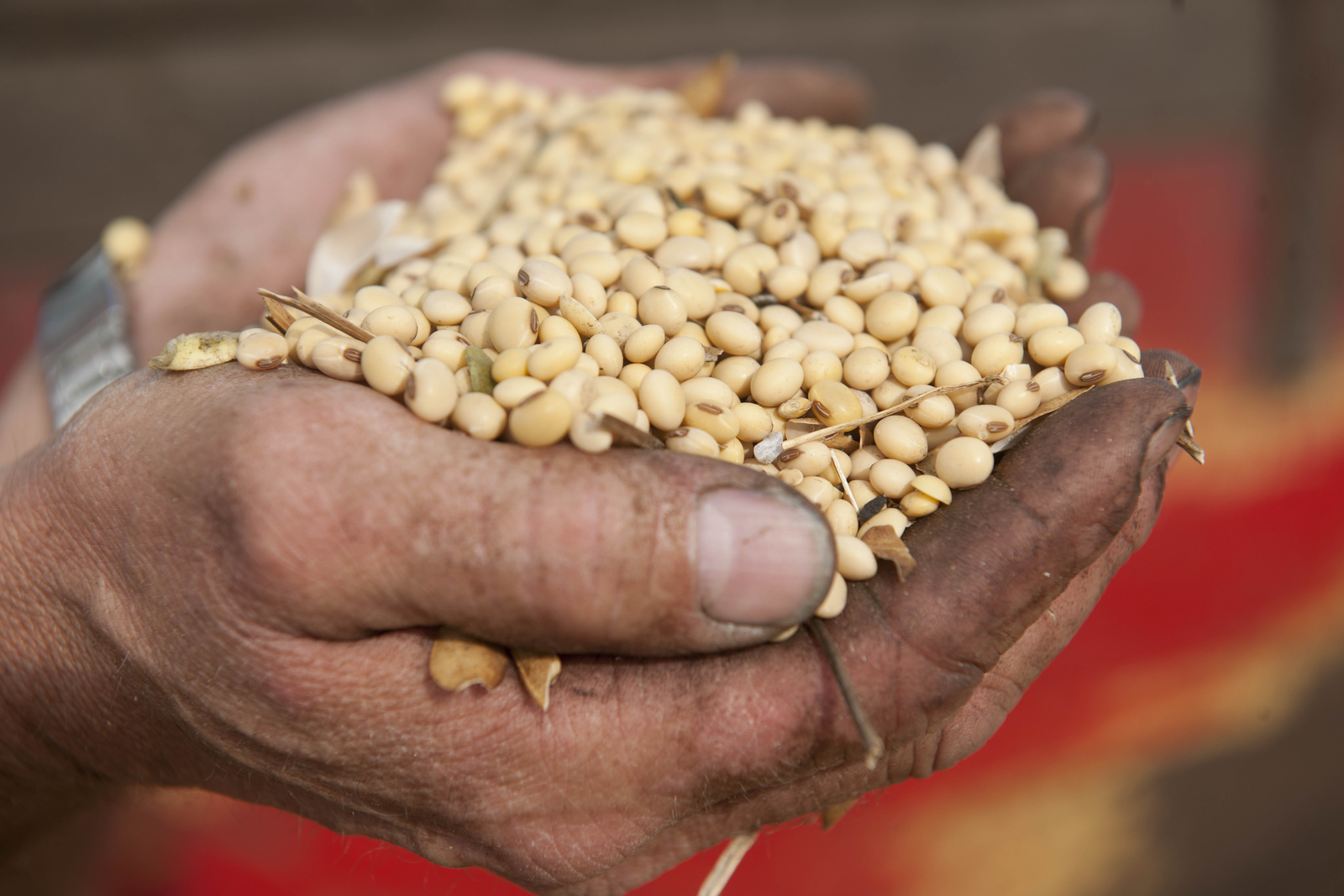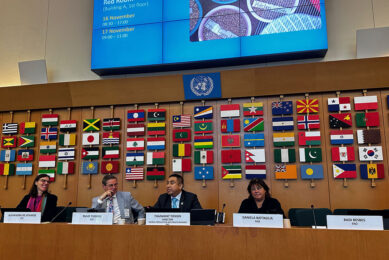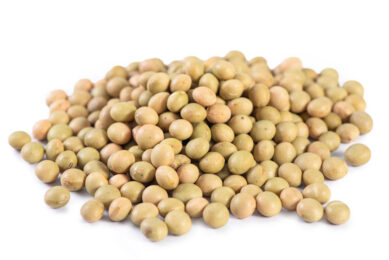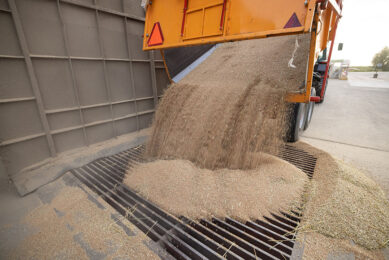“WWF soy survey figures are misleading”

The number of German users of ‘responsible’ soy exceed those of the ones mentioned in the WWF soy survey. Therefore the figures of WWF are misleading. This is stated by VLOG, the German industry Association Food without Genetic Engineering.
At the end of May, in timely synchrony with the Annual Conference of the RTRS (Roundtable for Responsible Soy), the WWF published results of its Soy Scorecard 2016. “Unfortunately, the WWF’s figures are misleading. The 133 market players that are cited by the WWF are based in 9 countries. No mention is made of the fact that several of Europe’s largest retail chains and food producers have been using what the WWF calls ‘responsible’ soy – it just so happens that these missing companies and their supply chains are not certified under the RTRS standard. Nearly all of the soybean meal used in the supply and production chains of these missing companies is, however, certified under the ProTerra standard,” Jochen Koester from VLOG says.
GMO free
Koester continues: “The 5 million tonnes of FEFAC-compliant soy mentioned by that European umbrella organisation of the feed industry in its reaction critical to the WWF are mostly identical to the tonnage certified annually under the ProTerra standard – with the important difference from RTRS material that ProTerra products are always Non-GMO and come with documented traceability, i.e. they are ‘Hard IP’, as the global commodity industry commonly calls it. It is only this type of soy that meets the rigid legal criteria of national regulations, for instance, in Austria and Germany, enabling consumer products to be labelled ‘Ohne Gentechnik’ (roughly: GMO-free). The additional sustainability and ‘responsibility’ factors that come with ProTerra certification (and that can actually be claimed on consumer packaging) fit right in with the requirements imposed on suppliers by nearly all retailers in the omitted 2 countries. Practically all of those industry players making ‘Ohne Gentechnik’ (GMO-free) claims in Germany are either members or licensees of VLOG, the German industry Association Food without Genetic Engineering.”
Facts for Germany
In Germany alone, more than 2,500 food products, particularly from the segments of poultry meat, eggs and dairy products, are promoted with the ‘Ohne GenTechnik’ seal provided by Germany’s federal government. All of these thus legally bear the claim on the actual consumer article of being produced ‘Ohne Gentechnik’. This claim, including its underlying traceability, is subjct to inspection by German local authorities. The Non-GMO character of the soy raw material used is widely considered the central pillar of sustainability. Retailers and other brand owners either demand or prefer ‘claimable’ soy sustainability and ‘responsibility’ for their supply chains. “We as VLOG must remind readers of these facts. We think that WWF’s ‘Soy Scorecard’ must at least mention all those that were NOT surveyed by the WWF, particularly if they exceed the RTRS-based criteria of the ‘Scorecard’ subjects by far: in quality, ‘claimability’ (on consumer products) and in sheer volume,” Koester concludes.
About VLOG
The German Verband Lebensmittel ohne Gentechnik e.V. (VLOG – Association Food without Genetic Engineering) represents food manufacturers and retailers as well as sectors up- and downstream to food production. The Association was founded in Berlin in 2010. VLOG advocates food production without GMOs, engages in consumer education and award licences for the standardised seal ‘Ohne GenTechnik’ to be used on food products manufactured accordingly. The Association currently represents more than 350 members and licensees that are primarily from Germany and stand for combined annual sales exceeding €170 billion.
Join 26,000+ subscribers
Subscribe to our newsletter to stay updated about all the need-to-know content in the feed sector, three times a week. Beheer
Beheer









 WP Admin
WP Admin  Bewerk bericht
Bewerk bericht